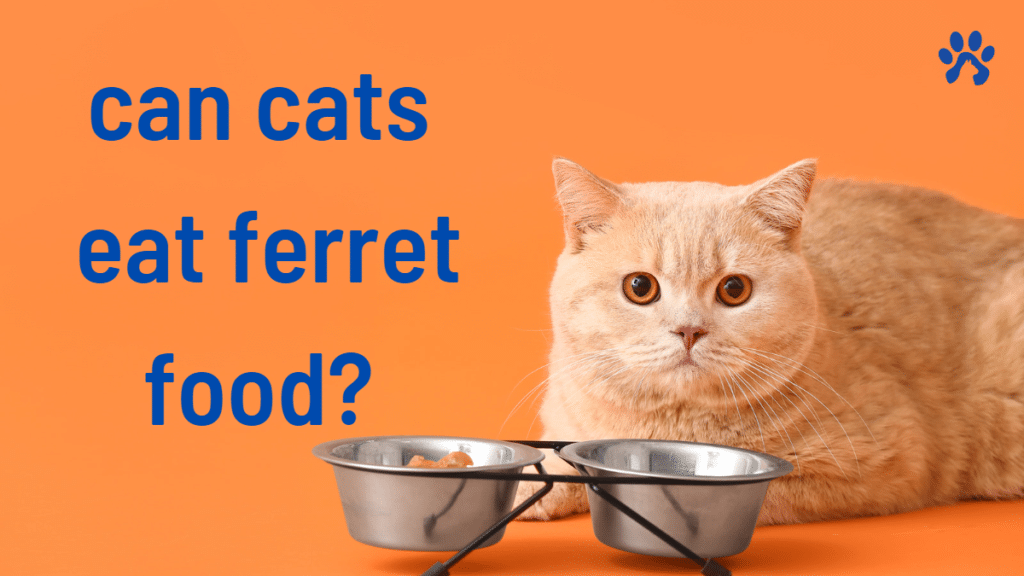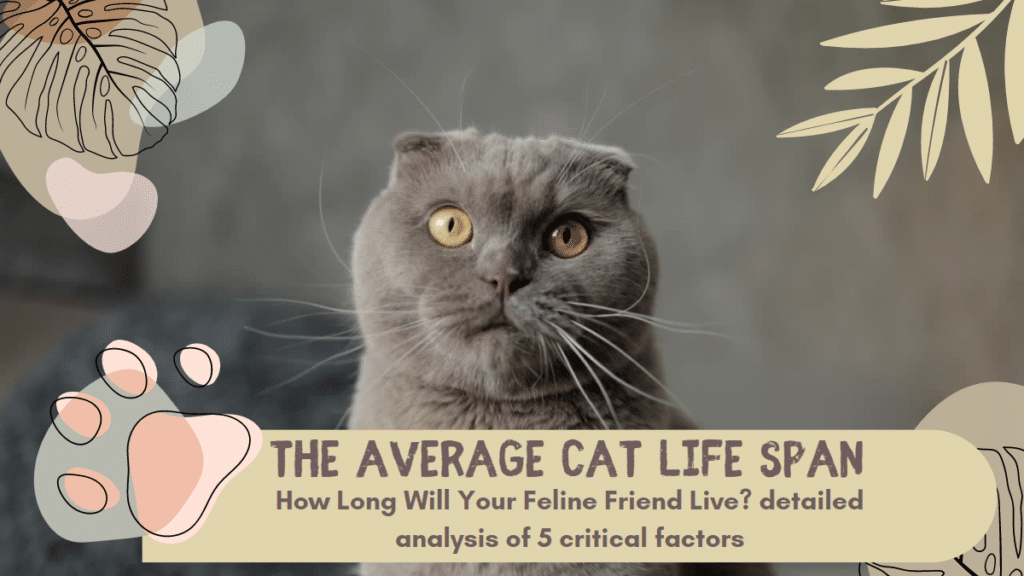Introduction
As a cat owner, it’s natural to wonder about the safety of certain human foods for your feline friend. Twizzlers, the popular candy made of twisted ropes of chewy goodness, may catch your attention. But can cats eat Twizzlers? In this comprehensive guide, we will explore the potential risks and benefits associated with cats consuming Twizzlers. Let’s dive right in!
Can Cats Eat Twizzlers?
While cats are obligate carnivores, meaning their diet primarily consists of meat, they may occasionally show interest in other foods. Twizzlers, however, are not recommended for feline consumption. These candy treats contain several ingredients that can be harmful to cats, including artificial flavors, preservatives, and sweeteners. It’s crucial to prioritize your cat’s health and provide them with a nutritionally balanced diet.
best Cat Foods on Amazon: Click Here
Understanding a Cat’s Diet
Before delving into the potential risks associated with cats eating Twizzlers, it’s essential to understand a cat’s dietary needs. Cats are carnivorous animals that require a diet high in animal protein to thrive. Their bodies are designed to digest and absorb nutrients from meat sources efficiently. Essential nutrients such as taurine, vitamin A, and arachidonic acid can only be obtained through animal-based ingredients.
The Risks of Feeding Twizzlers to Cats
Feeding Twizzlers to your cat can pose various risks to their health. Let’s explore some of the potential issues that may arise:
Potential Digestive Issues
Cats have sensitive digestive systems that are not well-equipped to handle certain types of food. Twizzlers contain high levels of sugar, which can lead to gastrointestinal upset, including diarrhea and vomiting. The artificial ingredients and additives present in Twizzlers can further aggravate digestive issues in cats.
Artificial Ingredients and Additives
Twizzlers are loaded with artificial ingredients, such as artificial flavors and colors, which are not beneficial for cats. Cats are prone to food sensitivities and allergies, and these additives can potentially trigger adverse reactions, such as skin rashes or gastrointestinal distress.
Allergic Reactions
Just like humans, cats can develop allergies to certain substances. Twizzlers may contain common allergens such as wheat or corn syrup, which can trigger an allergic reaction in susceptible cats. Symptoms of allergies in cats may include itching, sneezing, coughing, or difficulty breathing.
Nutritional Imbalance
Cats have unique nutritional requirements that are different from humans. Twizzlers lack the essential nutrients that cats need to thrive. Feeding Twizzlers to your cat may lead to a nutritional imbalance and potentially result in health issues over time.
Can Cats Safely Consume Twizzlers in Moderation?
It’s best to avoid feeding Twizzlers to your cat altogether. While small amounts of Twizzlers may not cause immediate harm, the potential risks outweigh any potential benefits. Instead, focus on providing your cat with a well-balanced diet consisting of high-quality commercial cat food or a veterinarian-approved homemade diet.
Signs of Twizzler Ingestion in Cats: Recognizing the Red Flags
Cats are known for their curious nature and their tendency to explore the world around them, including the occasional taste test of items they encounter. While most cat owners are vigilant about keeping harmful foods away from their feline friends, accidents can still happen. If your cat accidentally consumes Twizzlers or any other candy, it’s essential to be aware of the signs of ingestion.
The primary concern with Twizzler ingestion lies in its ingredients, which can be potentially harmful to cats. Twizzlers contain high amounts of sugar, artificial flavors, and preservatives, which are not suitable for feline consumption. One of the first signs of Twizzler ingestion in cats is excessive drooling or increased thirst.
The high sugar content can lead to dehydration and may cause your cat to drink more water than usual. Additionally, you may notice a change in your cat’s behavior, such as restlessness or hyperactivity, as the sugar can temporarily affect their energy levels. If you suspect that your cat has consumed Twizzlers or any other candy, it’s crucial to monitor their behavior closely and seek immediate veterinary attention to ensure their well-being.
Immediate Response: What to Do If Your Cat Accidentally Eats Twizzlers
If you discover that your cat has accidentally consumed Twizzlers, it’s essential to take immediate action to minimize potential harm. Firstly, do not panic, as staying calm will allow you to respond effectively. Take note of any wrappers or remaining candy to determine how much was ingested, as this information will be crucial for the veterinarian.
Do not attempt to induce vomiting in your cat without consulting a professional, as certain substances in the Twizzlers could be harmful if regurgitated. Instead, contact your veterinarian or an emergency pet clinic immediately. They will provide you with appropriate guidance based on the amount ingested and your cat’s individual health condition.
While waiting for professional advice, ensure your cat has access to fresh water to prevent dehydration. Remember that early intervention is crucial in such situations, as prompt veterinary care can prevent potential complications and ensure your cat’s speedy recovery. Moving forward, be vigilant about keeping candies and other human foods out of your cat’s reach to avoid such incidents in the future.
Preventing Twizzler Accidents: Keeping Your Cat Safe
Accidental Twizzler ingestion in cats can be a stressful experience for both you and your feline companion. To prevent such incidents from occurring, it’s essential to take proactive measures in safeguarding your cat’s environment. Start by creating designated feeding areas where your cat can enjoy their meals without the risk of accessing human foods. Store candies, including Twizzlers, in secure cabinets or containers that are out of reach for your curious cat.
Regularly inspect your living space to ensure there are no stray candies or food items lying around that could tempt your cat. When hosting gatherings or parties, inform your guests about the importance of not feeding human foods to your cat, as some may not be aware of the potential dangers. Instead, offer cat-friendly treats and toys to engage and reward your feline friend.
By staying vigilant and creating a safe environment, you can reduce the risk of your cat accidentally consuming Twizzlers or any other harmful substances, allowing them to lead a happy and healthy life.
Alternatives to Twizzlers for Cats
If you’re looking for a safe and healthy alternative to satisfy your cat’s craving for a chewy treat, consider the following options:
- Freeze-Dried Meat Treats: These treats are made from pure meat and offer a protein-packed, low-calorie option for cats.
- Catnip-Infused Toys: Many cats enjoy playing with toys infused with catnip. These toys provide mental stimulation and can be a great distraction from their craving for Twizzlers.
- Interactive Treat Dispensers: Invest in interactive treat dispensers that challenge your cat to work for their treats. This engages their natural hunting instincts while rewarding them with a tasty treat.
FAQs
1. Can cats eat Twizzlers without any side effects?
No, it’s not recommended to feed Twizzlers to cats as they contain artificial ingredients and high sugar content that can lead to digestive issues and other health problems.
2. Are there any Twizzler flavors that are safer for cats?
No, all Twizzler flavors contain similar ingredients that are potentially harmful to cats. It’s best to avoid giving Twizzlers to your feline friend.
3. What should I do if my cat accidentally consumes Twizzlers?
If your cat accidentally consumes Twizzlers, monitor their behavior and look out for any signs of digestive upset or allergic reactions. If symptoms persist or worsen, consult your veterinarian immediately.
4. Are there any other human foods that cats should avoid?
Yes, several human foods are toxic or unsuitable for cats. Some examples include chocolate, onions, garlic, grapes, raisins, and alcohol. It’s crucial to educate yourself about foods that are harmful to cats to ensure their well-being.
5. How can I satisfy my cat’s craving for a chewy treat?
You can offer safe alternatives such as freeze-dried meat treats or catnip-infused toys to satisfy your cat’s craving for a chewy texture. These options provide a healthier and more appropriate substitute forthe potential dangers of Twizzlers.
6. Can Twizzlers be used as a training treat for cats?
No, Twizzlers are not suitable for training treats for cats. It’s important to choose treats specifically designed for cats, as they are formulated to meet their nutritional needs and are free from harmful ingredients present in Twizzlers.
Conclusion
In conclusion, it is not recommended to feed Twizzlers to cats. These candy treats contain artificial ingredients, high sugar content, and potential allergens that can lead to digestive issues, allergies, and nutritional imbalances in cats. As a responsible cat owner, prioritize your feline friend’s health and provide them with a balanced diet consisting of high-quality cat food. If you have any concerns about your cat’s diet or suspect they have ingested Twizzlers, consult your veterinarian for guidance.
Remember, cats have specific dietary requirements, and it’s essential to ensure they receive the proper nutrients to maintain their overall well-being. Opt for safe and healthy alternatives to Twizzlers, such as freeze-dried meat treats or interactive toys, to satisfy your cat’s cravings while keeping them safe and happy.
You may Also like: Can Cats Eat Crab Rangoon: Examining the Risks and Benefits

